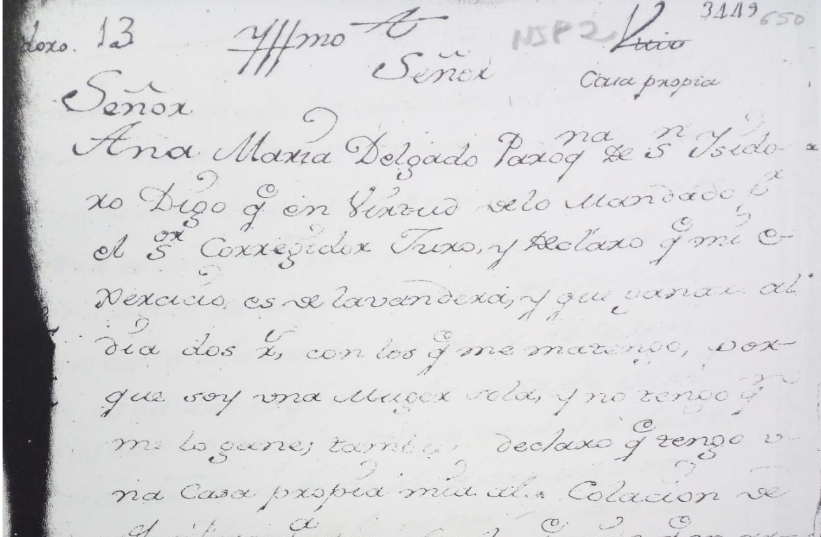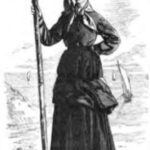The study of the profile of women, as well as their aspirations and behaviour in the modern age continues to be a subject of great interest. In the case in point, the provision of trades to women was an unobserved fact in the peninsular reality. However, as Pilar Bernabeu Navarret’s study points out, the reasons for this are to be found in the social codes that governed the time. In theory, the profile of women who could aspire to these posts was that of those who belonged to the nobility. However, it was precisely because she belonged to this order that she was furthest from being able to aspire to something similar. This was because the nobility had rigid codes of conduct that separated the male and female spheres. Women were expected to be demure and to take care of their work in the home. Thus, following the aforementioned author, it is difficult to trace the explicit exclusion of women in the provision of public offices (due to the issuing of legislation by different bodies which complemented other, older ones, etc.). What may have happened is that this exclusion derived more from social conventions than from an explicit regulation.
Collection: Texts
Chronology: XVII, XVIII
Scope: Secondary Education, Baccalaureate, University
Link: http://rua.ua.es/dspace/handle/10045/4635
Resource type: Secondary source
Source: GACTO, E. : "Entre la debilidad y la simpleza", en Historia 16, n° 145, mayo 1988, pp. 26
Language: Spanish
Date: 1988
Owner: Djebril Bouzidi (Modernalia)
Identifier: GACTO, E. : "Entre la debilidad y la simpleza", en Historia 16, n° 145, mayo 1988, pp. 26
Copyright: Enrique Gacto
Abstract: Fragment of text of the jurist Enrique Gacto in which he explains the reasons for the expulsion of women from public offices, according to the mental parameters during modernity
Tags






